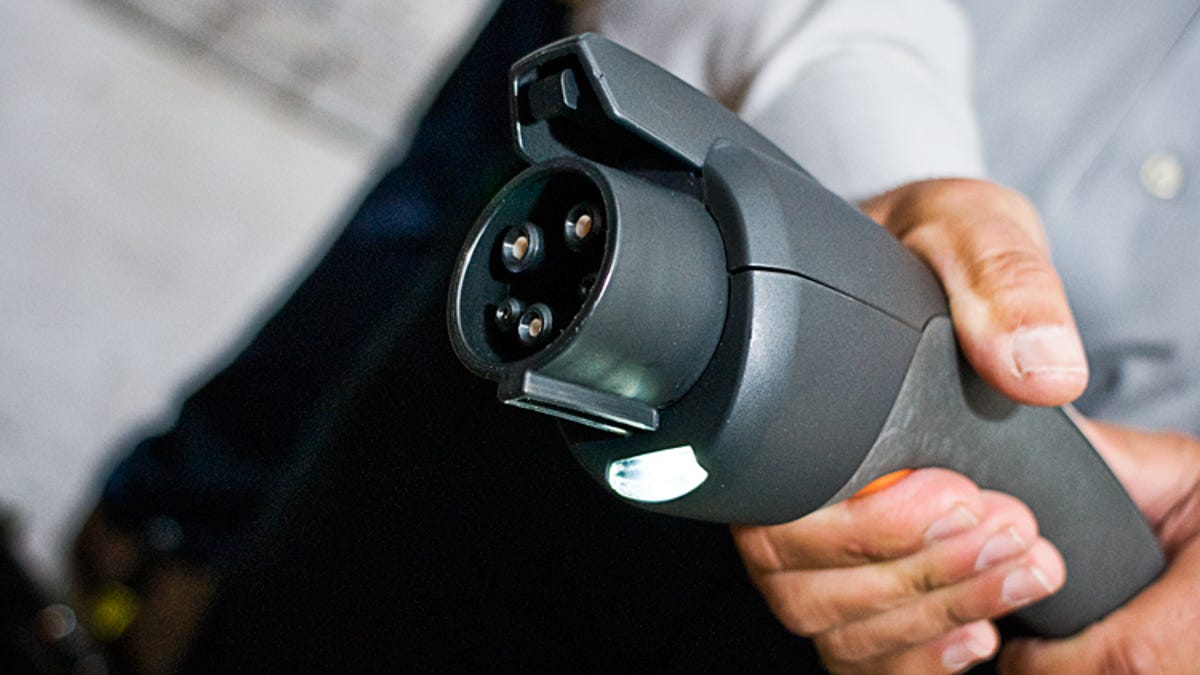GM responds to Chevy Volt fires
GM found itself in the hot seat after a Volt caught fire three weeks after crash tests, leading the NHTSA to question all EV makers about battery safety.

GM ended up in the hot seat after a Chevrolet Volt caught fire three weeks after the National Highway Traffic Safety Administration crash-tested the vehicle, reportedly leading the transportation organization to question the safety of lithium ion batteries.
The fire, which damaged several vehicles parked near the defunct Volt, may have started in the plug-in's battery. The NHTSA subsequently launched an investigation into the safety of electric battery technology. GM released a statement this afternoon responding to the news and concerns that its vehicles could be fire hazards.
"First and foremost, I want to make this very clear: the Volt is a safe car," said Jim Federico, General Motors chief engineer for electric vehicles. "We are working cooperatively with NHTSA as it completes its investigation. However, NHTSA has stated that, based on available data, there's no greater risk of fire with a Volt than a traditional gasoline-powered car."
The lithium ion batteries found in plug-in and electric vehicles are lighter than the nickel metal hydride batteries used in older hybrid vehicles and contain a higher density charge. GM has been proactive in educating emergency responders on electric vehicle safety, including how to cut electricity to the car battery.
Federico argued that protocols need to be established industrywide, including standards for dealing with salvage vehicles, saying, "Safety protocols for electric vehicles are clearly an industry concern. At GM, we have safety protocols to depower the battery of an electric vehicle after a significant crash. We are working with other vehicle manufacturers, first responders, tow truck operators, and salvage associations with the goal of implementing industrywide protocols."
NHTSA is also investigating a North Carolina fire that started while a Chevy Volt was plugged into a home charging unit. Fire department officials have not yet determined the cause of the fire that inflicted approximately $800,000 worth of damage, and said the cause could have been faulty wiring within the house. As a precaution, Duke Energy, which installed the Siemens home charging station, advised all homeowners to stop using the unit until further notice.
Source: Bloomberg and WSOCTV.com

